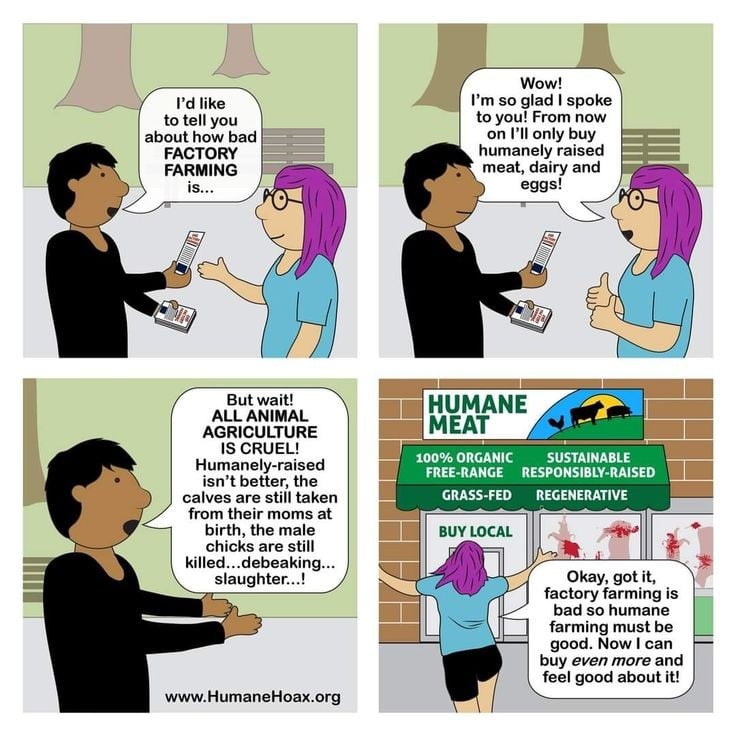4
1
6
1
9
1
11
1
16
1
24
1
Jason W. Moore · Nature in the limits to capital (and vice versa) (2015)
(www.radicalphilosophy.com)
25
1
view more: next ›
Earthling Liberation notes
100 readers
1 users here now
We live in ~~a society~~ an ecosphere.
- not a place for debate
- lurk all you want
- make your own
/c/and crosspost if you are displeased with the rules
No system but the ecosystem
What does that even mean?
Here's an aspect: https://www.radicalphilosophy.com/article/nature-in-the-limits-to-capital-and-vice-versa
founded 1 year ago
MODERATORS

